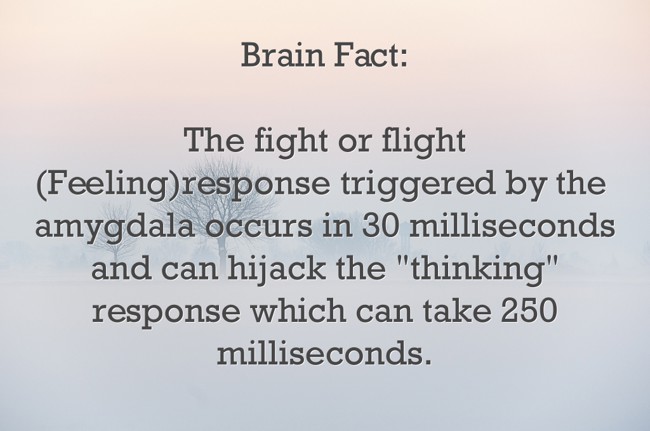The feeling of certainty can be triggered without the need for facts or reasoning using electric stimulation over a specific part of the brain

The Feeling of Certainty: Can it be Triggered without Facts or Reasoning?

Have you ever been absolutely certain about something, even when you had no concrete evidence or logical reasoning to support your conviction? Well, it turns out that the feeling of certainty can be induced in a rather unconventional way – through electric stimulation over a specific part of the brain.
A study published in the journal Current Biology explored this fascinating phenomenon. By delivering electrical stimulation to the posterior medial frontal cortex (pMFC), researchers were able to artificially create a sense of certainty in study participants, even in the absence of factual evidence or logical reasoning. Through this experiment, they were able to investigate the neural basis of certainty and gain valuable insights into the workings of the human brain.

The posterior medial frontal cortex, located in the frontal lobe of the brain, is known to be involved in various cognitive processes such as decision-making, error monitoring, and self-reflection. Previous studies have already shown that this region plays a crucial role in generating subjective feelings of confidence and certainty. However, this particular study took it a step further by demonstrating that electrically stimulating the pMFC can actually elicit this feeling of certainty, even when no factual or logical basis exists.
The researchers used a technique called transcranial direct current stimulation (tDCS) to deliver low-intensity electrical currents to the pMFC. During the experiment, participants were asked to assess the likelihood of certain events occurring, such as a coin landing on heads. Remarkably, when the pMFC was stimulated, participants reported a significantly higher sense of certainty about their predictions, irrespective of whether their predictions were accurate or not.
These findings suggest that the feeling of certainty can be influenced by neural activity in the pMFC. It highlights the intricate relationship between our brain and our sense of conviction, shedding light on the underlying mechanisms behind subjective feelings of certainty.
The implications of this research are far-reaching. On one hand, it raises interesting ethical questions about the manipulation of certainty. If the feeling of certainty can be artificially induced, could it be exploited for nefarious purposes? Additionally, it challenges our traditional understanding of certainty as a rational response based on evidence and reasoning. Instead, it suggests that our brain can override these factors and generate a strong sense of certainty, purely through neural stimulation.
Although this research opens intriguing avenues for further investigation, it is important to note that the study’s sample size was relatively small. Future studies with larger and more diverse groups of participants are needed to validate and generalize these findings.
In conclusion, the feeling of certainty can be triggered without the need for facts or reasoning by using electric stimulation over a specific part of the brain, as demonstrated by this groundbreaking study. Understanding how our brain generates this subjective sense of certainty is not only fascinating but also has implications for fields such as psychology, neuroscience, and philosophy. Further research in this area may pave the way for deeper insights into the complexities of the human mind.
Tags
Share
Related Posts
Quick Links
Legal Stuff

